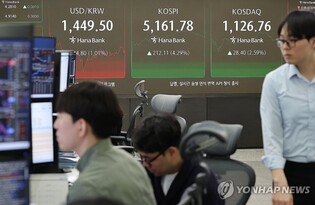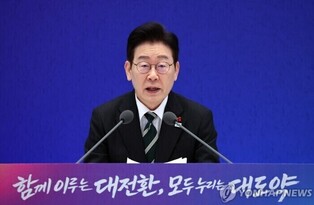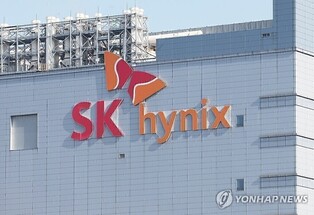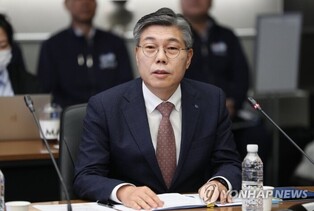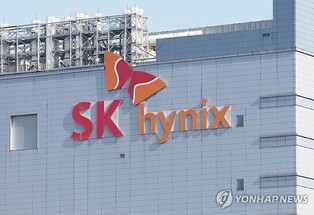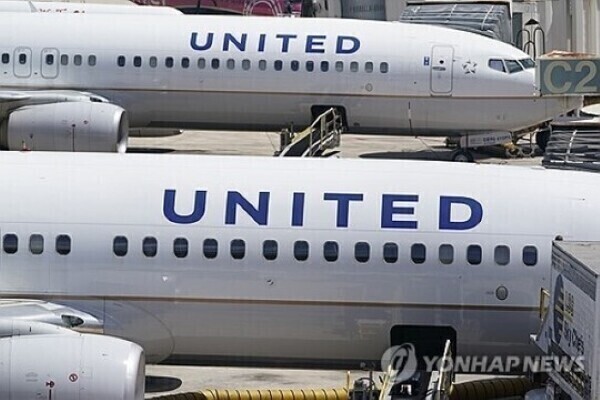 |
Photo courtesy of Yonhap News |
[Alpha Biz= Kim Jisun] WASHINGTON, November 8 (local time) — The prolonged U.S. federal government shutdown, now in its 39th day, has caused widespread disruptions across the aviation industry, as a severe shortage of air traffic controllers led to thousands of flight cancellations and delays nationwide.
According to Reuters, the Federal Aviation Administration (FAA) ordered airlines to reduce flight operations for the second consecutive day. On November 8 alone, 1,460 flights were canceled and 6,000 delayed, following 1,025 cancellations and over 7,000 delays the previous day.
At Hartsfield–Jackson Atlanta International Airport, one of the busiest hubs in the world, the average delay reached 282 minutes, leaving passengers stranded and frustrated.
The FAA said it would gradually scale down flight operations by up to 10% across 40 major U.S. airports including New York, Chicago, and Atlanta, citing increased fatigue among remaining controllers and growing safety risks. The reductions are affecting major carriers such as American Airlines, Delta Air Lines, Southwest Airlines, and United Airlines.
U.S. Transportation Secretary Sean Duffy warned that if more controllers fail to report for duty, flight operations could be cut by as much as 20%. FAA Administrator Brian Bedford stated earlier that 20–40% of air traffic controllers had been absent during the past week.
“If the shutdown continues into next week, we could face massive flight delays, large-scale cancellations, and even the closure of certain airspaces due to safety concerns,” Bedford cautioned during a November 3 briefing.
The disruption is now feared to impact manufacturing supply chains, including those of Korean companies accelerating production at their U.S. plants. Extended flight delays and cargo bottlenecks could hinder logistics and operations.
Meanwhile, Senate Republican Leader John Thune said bipartisan negotiations had reached “a positive turning point,” but no final agreement has been announced. The U.S. Senate plans to hold an extraordinary Sunday session on November 9 to continue discussions aimed at ending the shutdown.
알파경제 Kim Jisun (stockmk2020@alphabiz.co.kr)


















